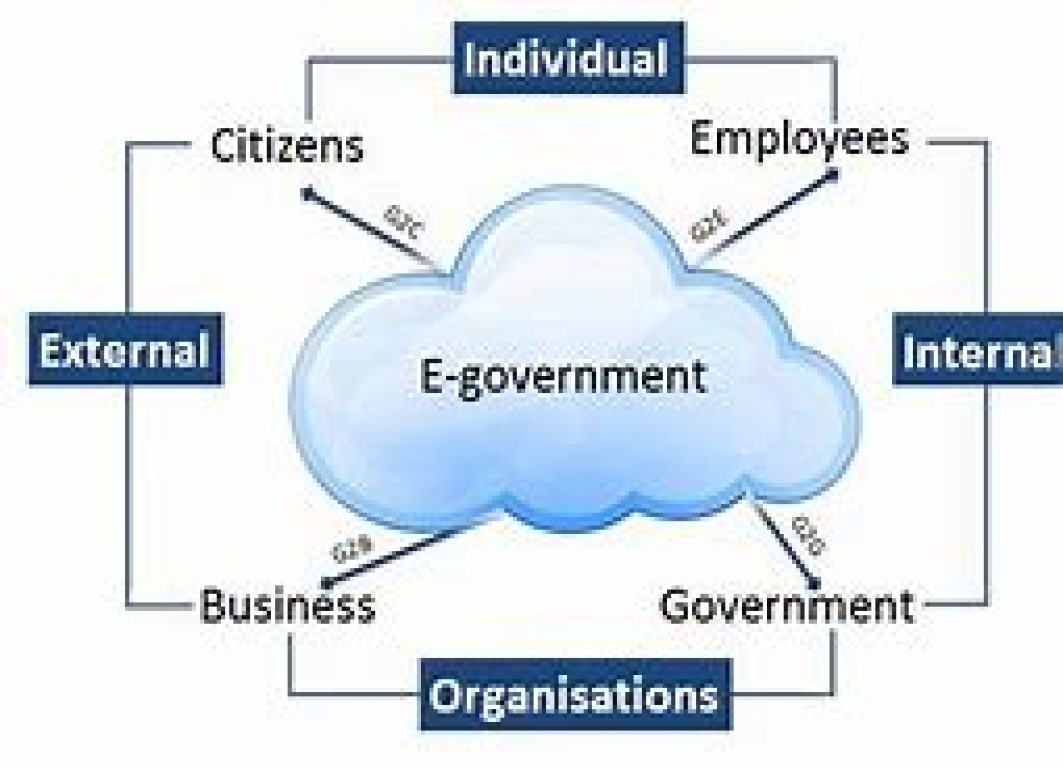Electronic governance refers to government functioning with the application of “INFORMATION AND COMMUNICATION TECHNOLOGY”. So e-governance is basically a step towards smart governance, which means: simple, ethical, accountable, responsive and transparent governance.
“Online platform” is a broad term that refers to digital tools or environments where users can interact engage in various activities or conduct business. These platforms exist on the Internet and can serve a variety of purposes.
Working on online platforms is a critical component of e-governance. Which have several benefits for governments and citizens.
Benefits E-Governance:
Benefits for Governments:
1. Data Management:
Governments can collect and manage data more effectively. Data-driven decision making can lead to better policy making, resource allocation, and service delivery.
2. Citizen engagement:
E-governance platforms provide opportunities for citizens to engage with their government. Online forums, feedback mechanisms and surveys allow for greater citizen participation in decision-making processes.
3. Transparency:
Online platforms make government actions more transparent. Information on budgets, policies, and decisions is easily accessible to the public, fostering trust and accountability
4. Efficiency:
E-governance streamlines government processes, reduces paperwork and administrative burden. This enables faster data processing and decision making, ultimately improving the efficiency of government operations.
5. Cost savings:
By automating processes and reducing the need for physical infrastructure, governments can save on operating costs. This can free up resources for other important priorities.
6. Better service delivery:
Online platforms enable governments to provide services to citizens more easily. This includes services such as tax filing, permit applications and access to information, which can be accessed from anywhere with an internet connection.
7. Corruption reduction:
E-governance can help reduce corruption and bribery by automating processes and reducing human interaction in certain government transactions.
Benefits for Citizens:
1. Convenience:
Citizens can access government services and information from the comfort of their homes or workplaces, reducing the need to physically visit government offices.
2. Time saving:
Online platforms save citizens’ time by eliminating the need to stand in long queues or fill in extensive paperwork.
3. Accessibility:
E-governance ensures that government services are accessible to a wider audience, including persons with disabilities who can rely on assistive technologies.
4. Transparency and accountability:
Citizens can get information on government activities, budgets and policies, holding governments accountable for their actions.
5. Feedback mechanisms:
E-governance platforms often include feedback mechanisms that allow citizens to provide input, voice concerns, and suggestions for improvement.
6. Less red tape:
Online platforms can simplify bureaucratic processes, reduce red tape and make it easier for citizens to interact with government agencies.
7. Access to information:
Citizens have easy access to government information, public records, and documents, which can be valuable for research and decision-making.
8. Financial Inclusion:
E-governance can facilitate financial inclusion by allowing citizens to pay online for government services and taxes, even in areas with limited access to traditional banking.
9. Participation in Democracy:
E-governance can enhance citizen participation in the democratic process, allowing them to engage in public consultations, petitions and discussions on important issues.
10. Environmental impact:
Moving government services online can reduce the environmental impact associated with physical paperwork and commuting.
